Education in budget 2022-23: Small mercies and dashed hopes
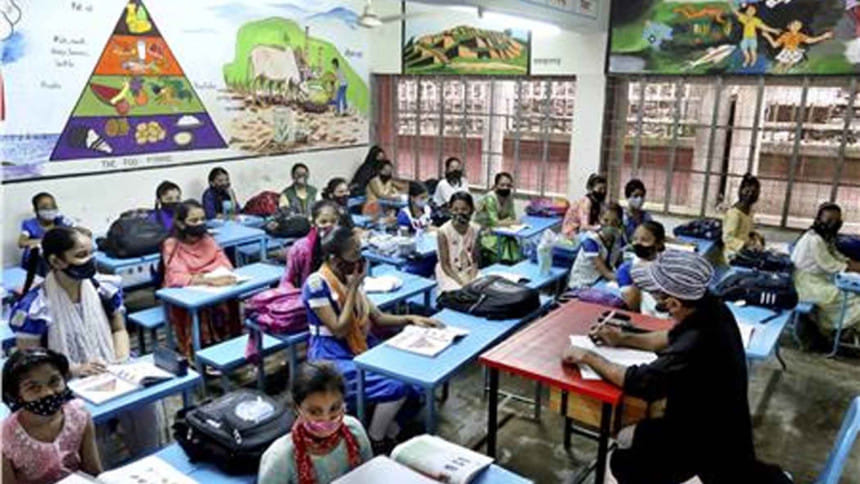
Educators and concerned citizens have been urging a major increase in public allocation for the education sector, as well as decisive steps for quality and equity measures in education. So far, they have been disappointed, their hopes dashed once again in the national budget for FY2022-23 proposed to the parliament. It may be argued that the proposed budget at least allows for schools to be kept open and running while confronting the extraordinary challenges for the economy to recover from the pandemic fallout, aggravated further by the Ukraine war. Should we not be thankful for the small mercies that at least keep the schools operating in the face of major adversities?
Children who have dropped out of school during the pandemic, boys and girls who have joined the ranks of child labourers, girls who have become child brides – who need help to be brought back to the classroom – may not quite agree. Those still in school, struggling to keep up with their lessons and looking for support such as tutoring or special classes to bridge the learning gap, will also not be satisfied with what is on offer.
Out of the total budget of Tk 678,064 crore for FY23, the allocation for the education sector is Tk 81,449 crore or 12 percent of the total, compared to 11.9 percent in FY22. In terms of GDP ratio, it is 1.83 percent, lower than the outgoing fiscal year's allocation. This is one of the lowest in the world – far below the recommended minimum of 4-6 percent of GDP and 20 percent of the national budget.
The problem is as much about meagre funding as about managing resources and deciding on priorities and strategies to make the system function better. Educators have pleaded for a recovery and remedial plan for education to help 40 million students catch up with the losses suffered due to the pandemic, which have run into a third academic year. Unesco, Unicef, World Bank and others have warned that for countries like Bangladesh, this situation portends a generational disaster unless effective remedial actions are taken.
The budget speech of the finance minister does promise a range of initiatives for "science-based education and development of education infrastructure." He goes on to speak about a list of accomplishments, essentially within the present pattern of expenditures to keep the educational operations going. Mentions have been made of teachers recruited, books distributed, stipends paid, ICT equipment installed in schools, TVET training expanded, and initiatives to introduce blended instruction, combining distance and in-person lessons. He suggests that the distance mode supplementing classroom instruction will be the main compensatory approach to learning losses. This smacks of business as usual that underestimates the severity of the situation.
Evidence from other countries as well as studies by Education Watch and others in Bangladesh show that a much more systematic and focused attention to recovery and revival is needed. Poor learning outcomes – such as more than half of children being unable to read, write and count after five years of primary education – were already a pre-Covid problem. The pandemic-induced education setback has amplified the problem.
Our children are facing an extraordinarily difficult challenge of learning losses, and they need help. Educators have pointed out that children who were in Class V at the beginning of the pandemic in March 2020 are in Class VII now, skipping two school years and largely unprepared for their new lessons. They have suggested a recovery and remedial plan with four key elements: a rapid assessment of the students' core skill levels; a remedial plan for at least two years for the students to catch up with the losses; technical and financial support to teachers and schools to implement the remedial plan; and a working group involving parents, communities and NGOs in each school to support and carry out the recovery-remedial plan.
The budget statement and indicated allocations do not provide any hint of urgency for a major education recovery and revival plan. For all we know, the education authorities have not proposed specific budget lines for such a plan. They now need to adjust their expenditure plan to support these urgent activities. They should find a way to include and support non-MPO schools in the recovery plan; more than a quarter of primary school students and up to a third of the secondary-level students (even excluding Qawmi madrasas) attend schools not supported by the government. The plight of these children cannot be ignored.
All of this may mean pausing or slowing down some planned activities, such as rolling out a new school curriculum. The education agencies, including the curriculum and textbook board, NAPE, NAEM and the directorates, need to focus on implementing a recovery and remedial plan. A successfully implemented remedial plan will lay the ground for implementation of the intended curricular reform. It is generally agreed that the capacity to implement the curriculum in classrooms has been the problem and will remain the problem.
Beyond the urgency of the recovery and revival of the system, a longer-term perspective is needed. There is no national plan as yet for access and completion of secondary education for all young people, an education target under the Sustainable Development Goals (SDGs). The government has pledged to provide a "child budget" as a tool for directing and monitoring public resources to meet the essential survival, growth and development needs of children. No such document has been available from the finance ministry.
One year's budget cannot solve the myriad problems in the education sector. But it can signal the direction of change and seriousness of purpose if the authorities can decide what to do. The groundwork has to be done by the education authorities – the two ministries and three divisions in the education sector. For the child budget, the women and children affairs ministry has a major role to play. It has to make the case for larger budgets with credible plans and programmes that would address the public concerns about quality, equity and inclusion objectives of the education system. This discourse should have been ongoing through open dialogue with civil society and as part of a medium-term education sector development plan discussed and prepared in a participatory manner. Transparency and participatory dialogue have not been the hallmark of budget-making and broader priority setting, but it is never too late to begin.
Dr Manzoor Ahmed is emeritus professor at Brac University, chair of Bangladesh ECD Network (BEN), vice-chair of Campaign for Popular Education (CAMPE), and member of the International Advisory Committee of the Yidan Education Prize Foundation.

 For all latest news, follow The Daily Star's Google News channel.
For all latest news, follow The Daily Star's Google News channel. 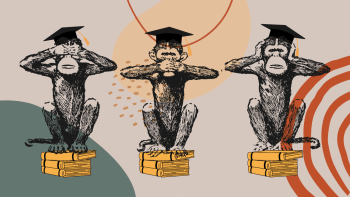
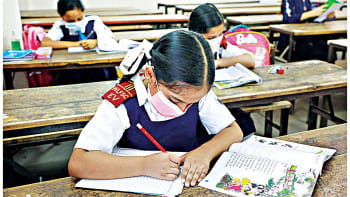


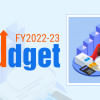


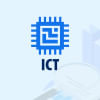


Comments